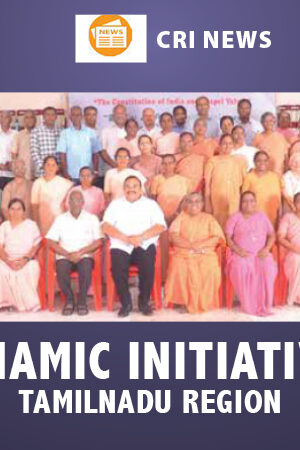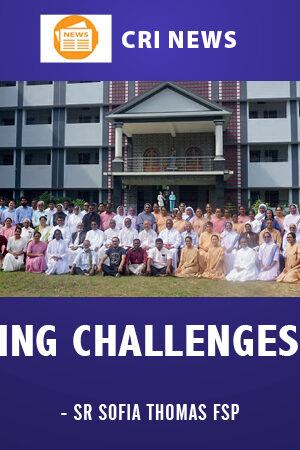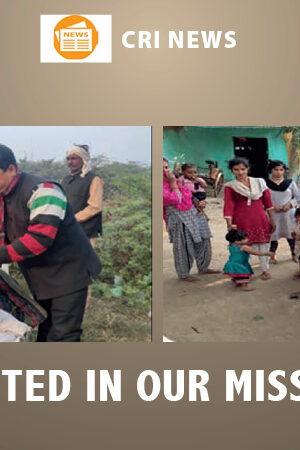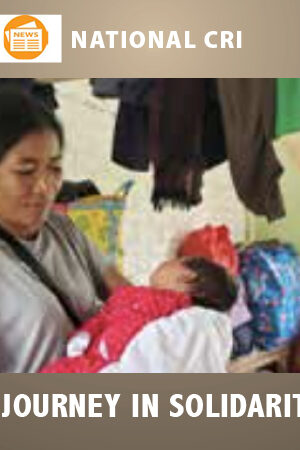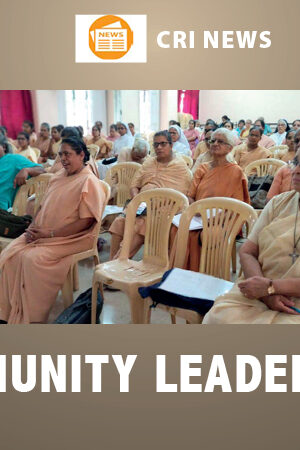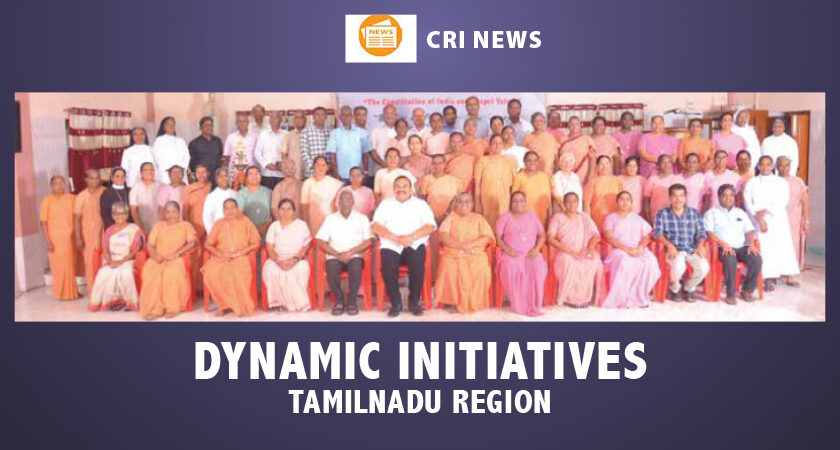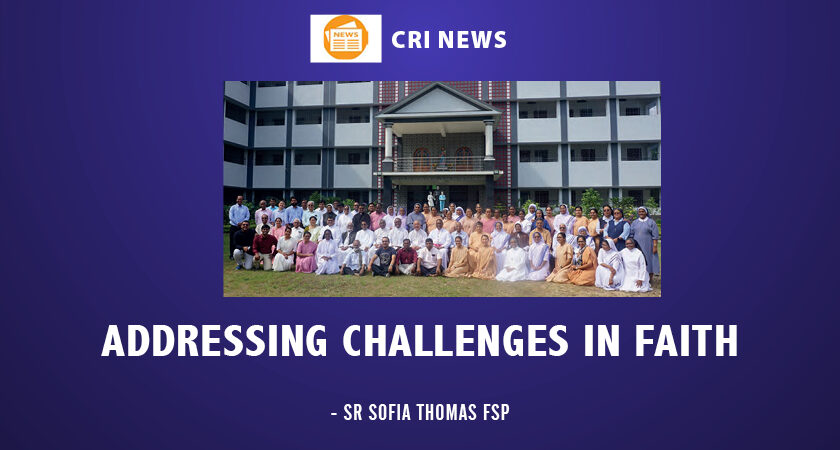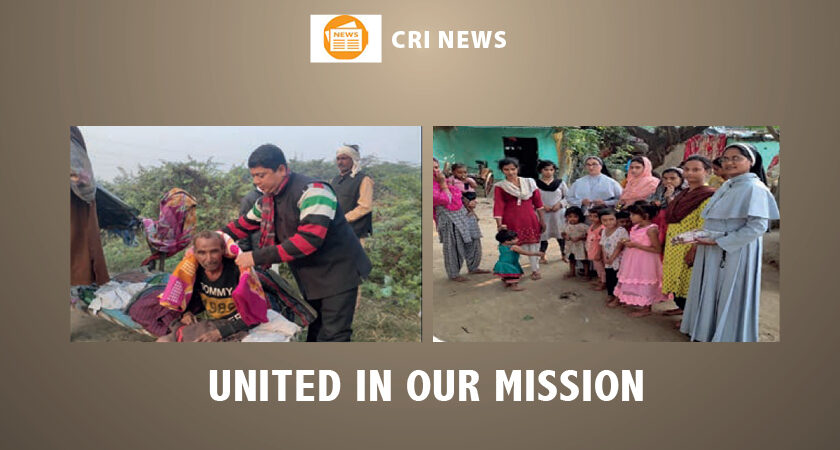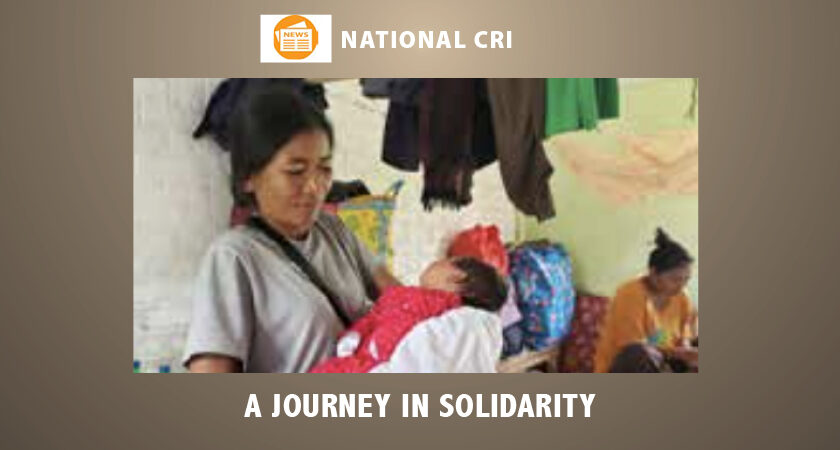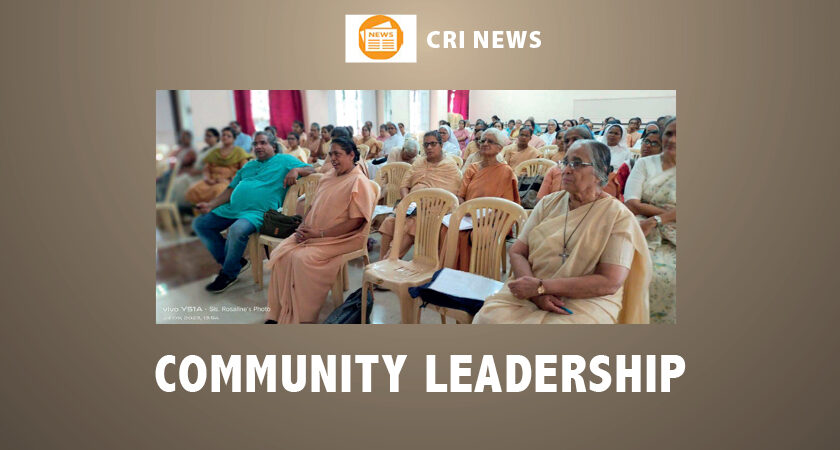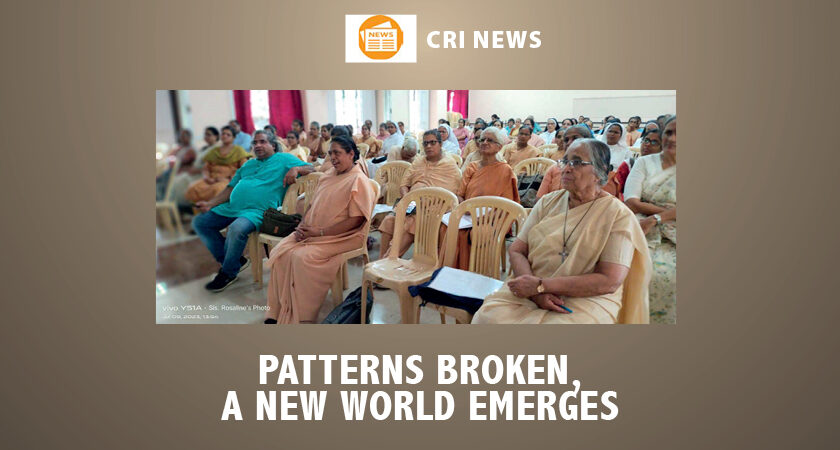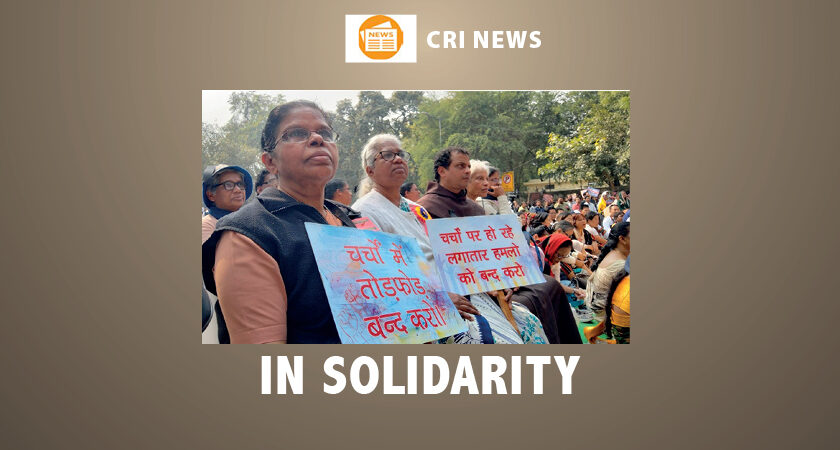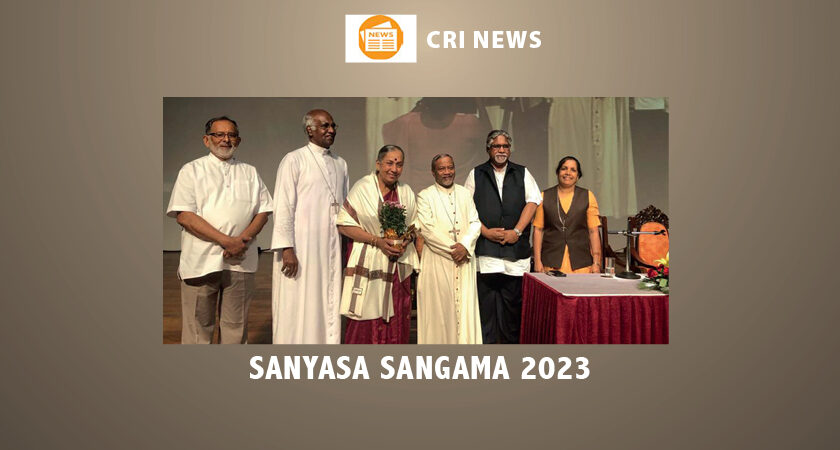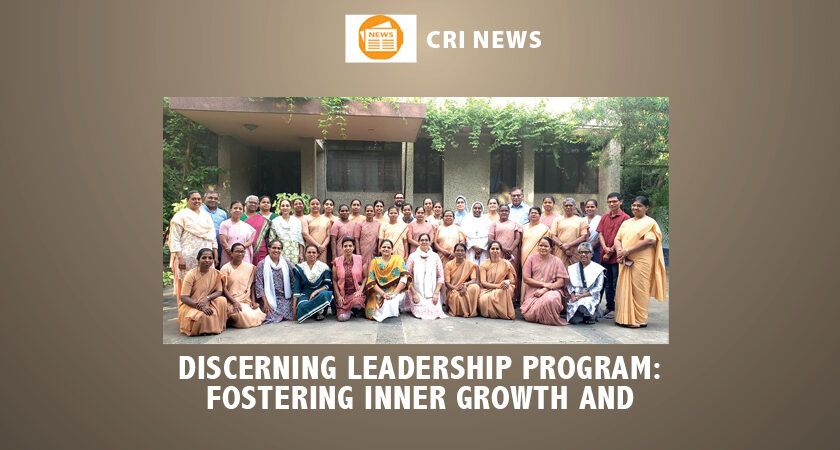The Tamil Nadu Conference of Religious in India (TNCRI) is an association of 75 congregations, encompassing 9 brothers’ congregations, 19 fathers’ congregations, and 47 sisters’ congregations, with a current count of 119 major superiors. Dedicated to fostering collaboration among religious orders in Tamil Nadu and Pondicherry, especially during challenging times, TNCRI prioritizes the pastoral vision and specific needs of the Church in the region. Acting as a crucial link between local units and the National Conference of Religious in India (CRI), TNCRI implements regional-level decisions and provides essential services to local units. This report outlines the main activities and accomplishments of TNCRI during the past two years.
Constitutional Rights Education:
- Constitutional Rights Education (CRE) is a crucial initiative undertaken by the TNCRI. Rev. Bro. M. Velankanni SHJ, the former President, emphasized the enduring relevance of the Constitution, drawing on Dr. B.R. Ambedkar’s insights into values such as equality, fraternity, and democracy. He stressed that safeguarding these principles is a collective responsibility that requires constant vigilance.
SR SHEEBA THOMAS MSI
To read the entire article, click Subscribe
